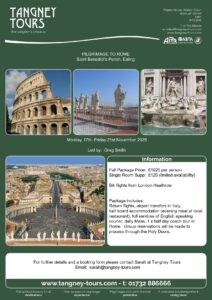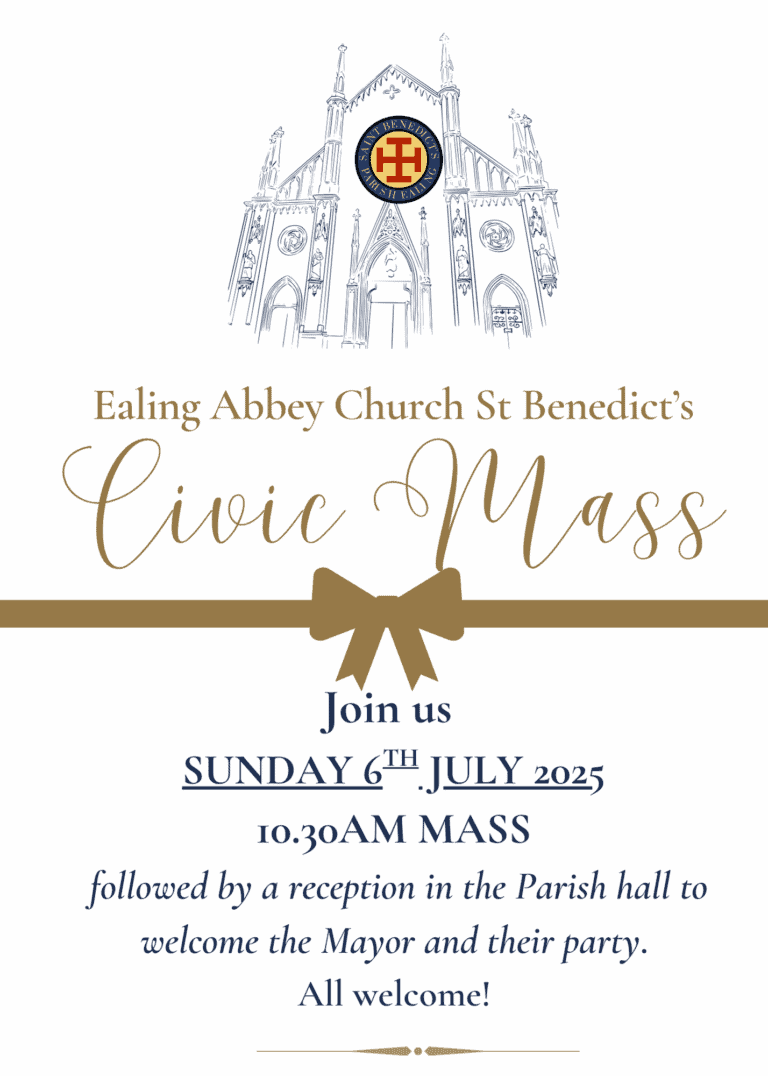Dear Parishioner,
The fish, since you ask, are fine in their climate controlled pond. Climate controlled, of course, not in the sense of a curiously misnamed mechanism to make the inside of a car the opposite of the climate outside, no, the inside of the pond is pretty much like what is happening outside and the inhabitants seem quite happy with that; when it’s warm they dash about, when it isn’t they sit near the bottom. One great thing about being a carp is that once you’ve grown to be too big for a heron’s lunch, there’s very little to worry about, though I suppose a nasty man might come along with a net, especially in the week before Christmas. But largely they sit there, unconcerned, at ease with their world.
We are both like and unalike the carp. We too can find it all too easy to fit in with what the world thinks and asks of us, almost without noticing. But, of course, unlike them, we have a reflective capacity which allows us to imagine being outside our world. But there’s a price; once you’ve stood outside, it’s difficult to ever again be completely satisfied back inside. From that gap between our immediate surroundings and sensations and our thoughts come science and poetry, beauty and creativity, sense and sensibility. But also it’s there that we find pride and folly and lies.
A carp will never write The Prelude, but neither will it ever tell a lie.
And so we come to Lent, a standing outside of the ordinary time, a looking around to see how we fit in, or don’t. a weighing up of the gap between what is and what might be, what who should be.
Normally we think of this as involving penitence, expressing sorrow and regret, because if we don’t, sooner or later the nasty man with the big net will come along and we will end up nicely cooked.
But, although there’s much for us to regret and a little sorrow might do us good, this should not be where we start. Jesus in this Sunday’s gospel asks people to engage in metanoia, which is not strictly repentance which is what we casually take it to mean, but rather changing, challenging, the way we think, because otherwise we won’t notice the Good News, the really important thing he is trying to tell us. If the thought of being caught up in the net of judgement spurs us to reflect, all the better, but that’s not where Jesus starts. He wants us to be alive, awake.
The collect for the Thursday after Ash Wednesday captures this well. We ask that through our Lenten observances, what we do physically, we may be able to sincerely, really, strongly in our minds, thoughts, intentions. The physical, fasting, is the easy bit that gets us read. The hard work though, is changing our minds.





